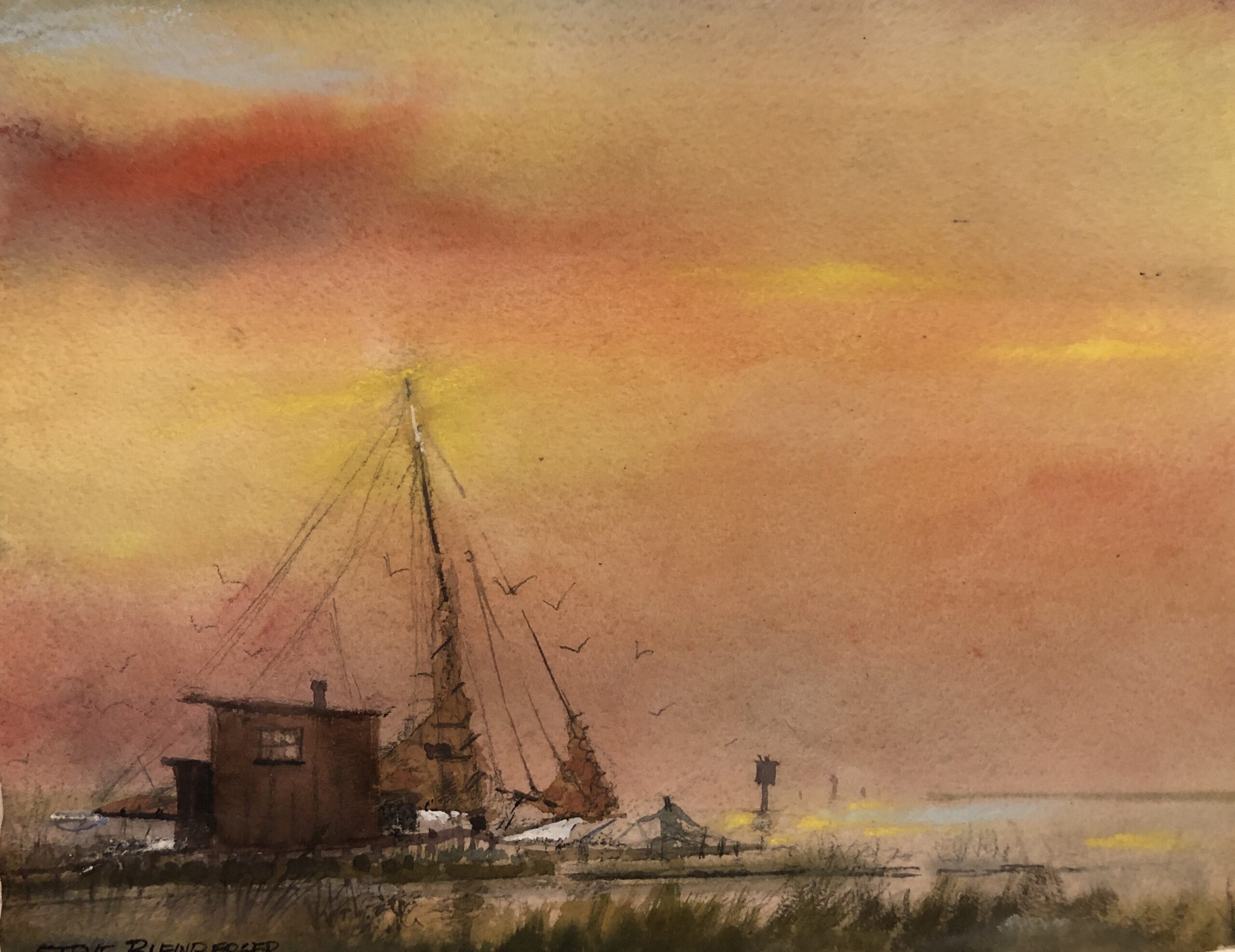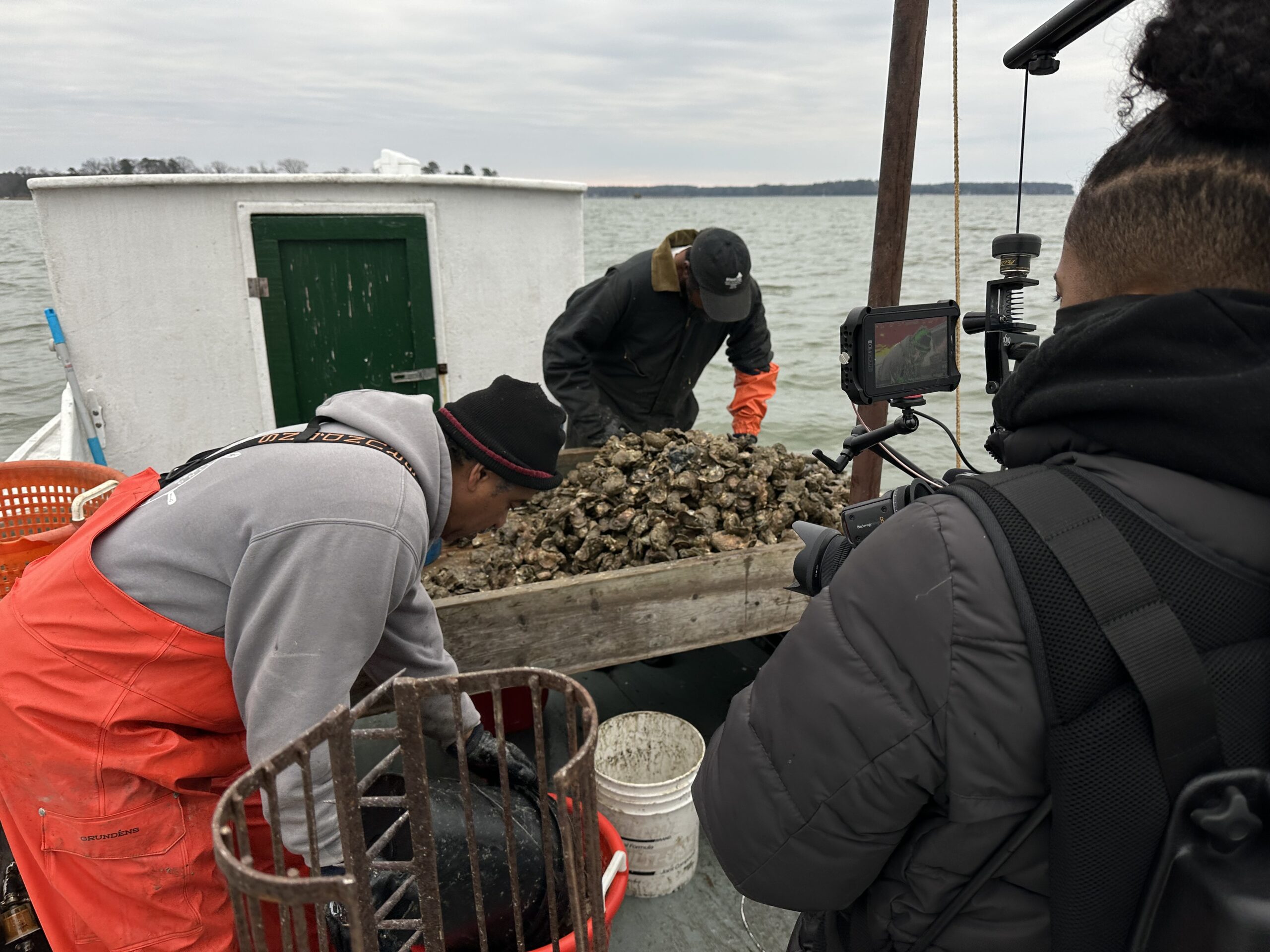
A New Day Beckons by Steve Bleinberger
On First Friday, May 3rd, The Artists’ Gallery will present “Treasures of the Chesapeake” by their exhibiting artist, Steve Bleinberger. Steve is an award winning watercolor artist who exhibits his work extensively in the Mid-Atlantic region. He is especially known and respected for his depictions of Maryland’s Eastern Shore, Chesapeake Bay waterscapes, workboats and the dwindling ranks of those that man them. Steve’s affinity with the Chesapeake and Tidewater region was nurtured by many summers spent surrounded by water on the shores of Thomas Point, south of Annapolis, within sight and sound of the iconic lighthouse.





 Oxford resident Norm Bell has announced his candidacy for Commissioner of that historic town.
Oxford resident Norm Bell has announced his candidacy for Commissioner of that historic town.




 Calabria is separated from Sicily by the narrow Straits of Messina, a perilous and rocky waterway where two currents meet that Homer immortalized in his epic poem “The Odyssey” as Scylla and Charybdis. The former was a six-headed monster who plucked men from their ships for her meals. If sailors passed safely by Scylla, they had to escape Charybdis, a giant whirlpool that swallowed everything in her reach three times daily. Ippolito named the wine “Mabilia” for an 11th century Norman princess who lived in the Ciro Area.
Calabria is separated from Sicily by the narrow Straits of Messina, a perilous and rocky waterway where two currents meet that Homer immortalized in his epic poem “The Odyssey” as Scylla and Charybdis. The former was a six-headed monster who plucked men from their ships for her meals. If sailors passed safely by Scylla, they had to escape Charybdis, a giant whirlpool that swallowed everything in her reach three times daily. Ippolito named the wine “Mabilia” for an 11th century Norman princess who lived in the Ciro Area. 


 The Chesapeake Bay Maritime Museum is partnering with
The Chesapeake Bay Maritime Museum is partnering with